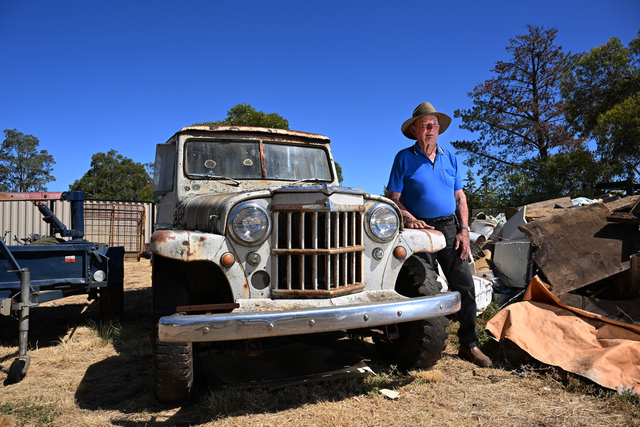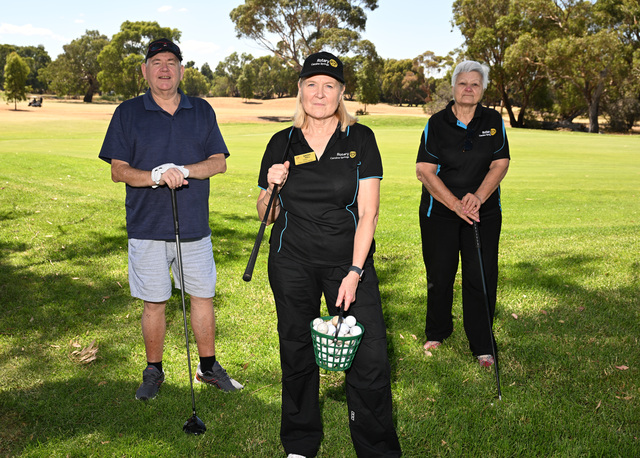With just four secondary schools expected to take on many thousands of primary school graduates over coming years, Melton faces an “alarming” shortage of education options.
Independent consultants Good Education Group has flagged a critical shortage of secondary schools in Melton over the coming decade as thousands of primary school pupils graduate and new families move in, swelling school numbers even more.
At present, there are nine primary schools with 4447 pupils in Melton’s 3337 postcode, while its four secondary schools have 3202 students.
Good Education Group’s head of data and analytics, Ross White, said unless state government and the private sector invest in more schools soon, the situation will only get worse.
“Demand for Catholic and independent schooling is set to increase, along with [demand at] government schools,” Mr White said.
And this does not count the many Melton students enrolled in interface secondary schools at Deer Park, Deer Park North, Ravenhall, Burnside, Burnside Heights, Cairnlea and Caroline Springs.
“In the coming years, those schools will experience a whopping 120 per cent increase in the number of students they’re serving,” he said. “That’s a bit of an issue.
“The Andrews’ government has promised to build 41 new public schools.
“But our analysis also indicates that around 25 per cent of students who begin their school life at a government school will complete their schooling at a non-government school.
“More schools and bigger schools are certainly high on the agenda for governments and families,” Mr White said, pointing out that, across Melbourne’s west, there are 60,000 secondary school students attending just 66 schools, from Moonee Ponds to Bacchus Marsh, with a further 85,000 primary pupils waiting in the wings.
He said, based on these numbers, the west will need to cater for 25,000 more secondary students.
That’s about 40 per cent more than now.
A Grattan Institute analysis last year revealed more than 650 new classrooms were needed over the next decade to accommodate Melton’s rapidly growing population.
With Alexandra Laskie
















